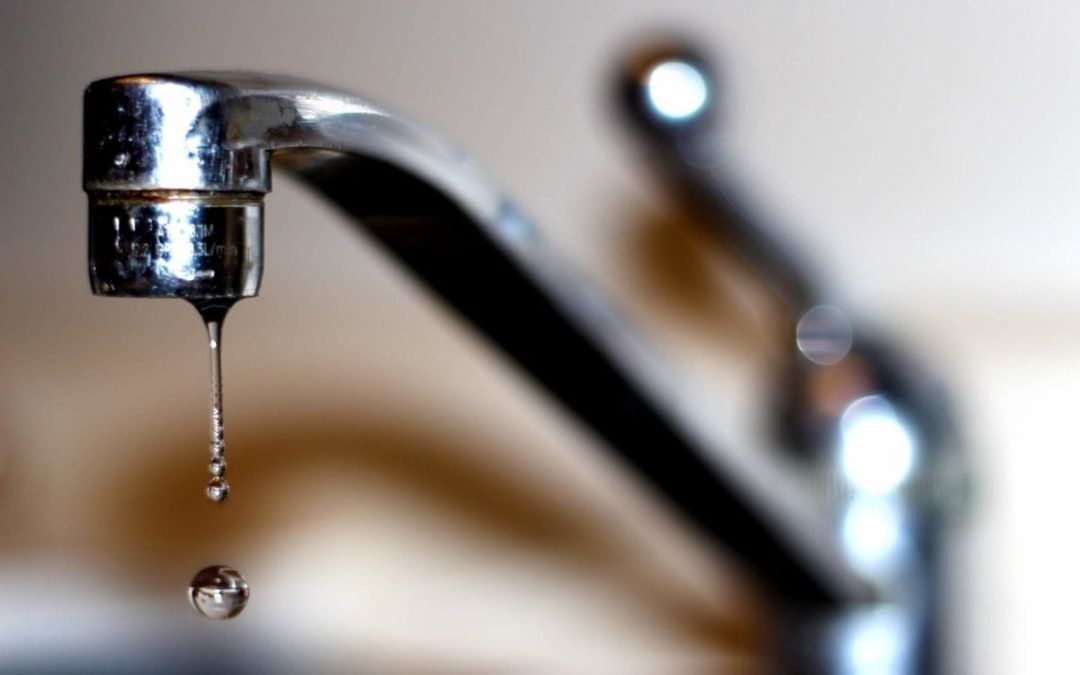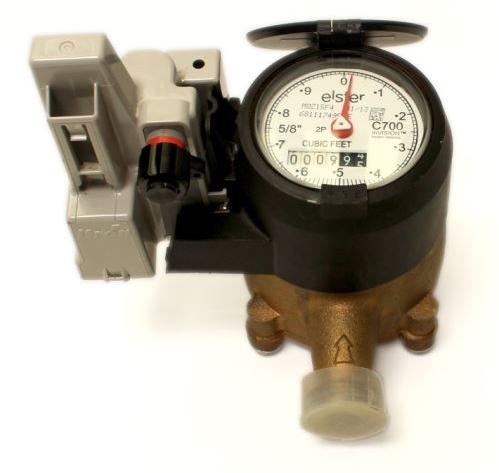We have discovered this post relating to Dealing with Low Water Pressure in Your Home listed below on the internet and think it made sense to discuss it with you here.

Low water pressure in your home can be an irritating trouble, influencing whatever from showering to cleaning recipes. If you're experiencing weak water flow, there are several possible reasons and services to explore. In this guide, we'll talk about common reasons for low water stress and practical steps to attend to the problem properly.
Introduction to Low Water Pressure
Low water stress occurs when the circulation of water from your taps, showers, and various other fixtures is weak than usual. This can make everyday tasks more difficult and less efficient. Comprehending the causes of low tide pressure is important to locating the best solution.
Usual Causes of Low Tide Stress
Faulty Stress Regulatory Authorities
Pressure regulators are accountable for keeping regular water pressure in your house. If they malfunction, it can lead to low tide stress or uneven flow throughout the house.
Local Supply Of Water Issues
Often, the issue exists outside your home. Local supply of water concerns, such as main line leakages or maintenance job, can briefly decrease water stress in your area.
Pipe Obstructions
With time, pipes can become blocked with natural resource, sediment, or particles, limiting the circulation of water. This is an usual concern in older homes with galvanized steel pipelines.
Deterioration
Rust within pipes can bring about leakages and reduced water stress. Corrosion accumulation can tighten water circulation, specifically in maturing plumbing systems.
Just How to Detect Low Water Pressure
Examining Pipes
Inspect visible pipes for indications of leakages, corrosion, or obstructions. Take notice of any uncommon audios, such as banging or rattling pipes, which can suggest concerns within the plumbing system.
Consulting with a Plumber
If you're unable to pinpoint the source of low water pressure, take into consideration employing a professional plumber to perform an extensive examination. They can recognize underlying problems and advise ideal solutions.
Inspecting Faucets and Components
Beginning by evaluating the water pressure at different faucets and fixtures throughout your home. If the concern is separated to details locations, it may show local issues.
Do It Yourself Solutions to Take Care Of Low Water Pressure
Flushing Hot Water Heater
Sediment build-up in the hot water heater can limit flow and decrease effectiveness. Purging the tank periodically aids remove sediment and preserve optimum performance.
Checking Pressure Regulatory Authority
Make sure that the stress regulator is operating correctly. Adjusting or replacing the regulator can aid bring back appropriate water pressure throughout your home.
Cleansing Aerators and Showerheads
Mineral deposits can build up in aerators and showerheads, lowering water flow. Eliminate and clean up these components consistently to improve water stress.
Cleaning Clogs in Piping
For small obstructions, try using a plumbing snake or chemical drainpipe cleaner to clear obstructions in pipelines. Beware when utilizing chemicals and follow safety guidelines.
When to Call a Professional Plumber
If do it yourself efforts fall short to resolve the concern or if you suspect substantial plumbing troubles, it's finest to seek assistance from an accredited plumber. They have the proficiency and tools to resolve complicated concerns safely and properly.
Preventive Measures to Keep Water Pressure
Mounting a Stress Booster
Consider mounting a pressure booster pump to enhance water stress in locations with constantly reduced circulation. This can be particularly advantageous for multi-story homes or residential properties with high-demand fixtures.
Surveillance Water Usage
Bear in mind water use routines and prevent ill-using the plumbing system. Straightforward modifications, such as incredible showers and washing tons, can aid maintain appropriate water stress.
Normal Maintenance
Arrange routine maintenance for your plumbing system to stop concerns such as corrosion, leaks, and blockages. Attending to small issues early can aid avoid even more substantial repair work later.
Conclusion
Dealing with low water stress can be discouraging, but identifying the underlying causes and executing ideal solutions can recover ideal circulation throughout your home. Whether it's cleaning up aerators, checking pipelines, or talking to a plumber, taking aggressive steps can make sure a stable supply of water for your everyday requirements.
FOUR WAYS TO FIX LOW WATER PRESSURE NOW
Turning on a shower or faucet only to find the water comes out in a sad, slow drizzle is never a good feeling. How exactly are you supposed to wash a pan or take a quick shower when it takes 10 minutes just to rinse off a little soap? The good news is that when your water pressure is bad, there's always a cause: typically one that can be easily fixed. Here are some of the most common causes of low pressure and what you can do to fix the issue:
DEBRIS AND MINERAL DEPOSIT BUILDUPS
If you notice low water pressure from just one or two of the fixtures in your house, the problem likely has to do with debris buildup. Water is full of minerals and other debris, all of which can accumulate in your pipes and on your fixtures. This can cause a blockage that affects how much water flows through. To fix this, try filling a small plastic bag with white vinegar, and use a rubber band to hang it around your showerhead or faucet. Let the head of the fixture soak for a few hours, and the vinegar should loosen the deposits.
WATER LEAKS
Leaks are another common cause of low water pressure. If water is flowing out of your plumbing through a hole or crack before it can reach your fixture, the pressure coming out of the faucet or showerhead will be lower. A plumbing professional is your best bet for finding and repairing a leak in your water supply pipes.
Leaks are another common cause of low water pressure. If water is flowing out of your plumbing through a hole or crack before it can reach your fixture, the pressure coming out of the faucet or showerhead will be lower. A plumbing professional is your best bet for finding and repairing a leak in your water supply pipes.
A VALVE ISSUE
If you have low water pressure throughout your home, check your main shut-off valve to make sure it's completely open. You may also want to see if there's a pressure-reducing valve installed. If there is, have a plumber help you adjust the settings to get the pressure you're looking for.
OTHERS USING WATER
Believe it or not, your low water pressure could be caused by your neighbors. If you notice low pressure at certain times of day, it may be because you and the people living next to you have similar schedules - when everyone is showering at the same time, the pressure will be lower in every home. Low pressure throughout the neighborhood may also be caused by an issue with your municipal water supply. If that's the case, call the supplier to see if they're working on the issue.
https://www.rotorooter.com/blog/water-leaking/low-water-pressure-fixes/

I have been very serious about 9 Reasons for Low Water Pressure in Your House and I hope you enjoyed reading the new post. Do you know somebody who is inquisitive about the subject? Feel free to promote it. I am grateful for your time. Come back soon.
Book An Estimate Now